Pine cones are not inherently poisonous to dogs, but they pose several risks. The hard, woody texture and sharp edges can injure a dog’s mouth and digestive tract. Additionally, pine sap found on some pine cones can be toxic to dogs, leading to symptoms like vomiting or diarrhea. It’s important for dog owners to take preventive measures, such as training and physical barriers, to keep their pets safe.
So, you’ve noticed your dog is obsessed with pine cones during your nature walks? It’s a puzzling sight for many dog owners. We’ve all seen dogs chew on sticks or balls, but pine cones? That’s a whole different story!
This article will dig into why dogs are fascinated by pine cones, if it’s safe for them to eat or chew them, and what steps you can take as a responsible dog owner to keep your four-legged friend safe. Let’s dive right in!
Why Do Dogs Chew Pine Cones?
The Appeal of Pine Cones to Dogs
Have you ever come across pine cones while hiking near pine trees and found your dog absolutely captivated? The scent of pine cones can be intriguing for dogs. Their rough texture provides a unique chewing experience that many dogs find satisfying.
Comparison with Other Chew Objects
Dogs love to chew. From sticks to chew toys, our four-legged friends will munch on just about anything they find. However, pine cones come with their own set of charms.
Unlike rubber toys, pine cones have sharp edges and a complex shape that can be both stimulating and challenging for dogs to navigate. This could explain why your dog might prefer a pine cone to a simpler chew toy.
Is It Safe for Dogs to Eat Pine Cones?
Pine Cones and Poisoning in Dogs
Pine cones themselves are not toxic to dogs. However, eating pine cones can cause issues and is potentially dangerous for dogs. The sharp edges of the pine cone can scratch the inside of your dog’s mouth, throat, or even digestive tract. In some cases, this can lead to infections. They could lead to choking if your dog tries to eat a pine cone whole.
Symptoms of Pine Cone Poisoning in Dogs
While pine cones are not poisonous, certain pine trees can produce pine sap and pine needles that are toxic to dogs. When a dog chews on pine cones, they may also ingest these harmful substances. If your dog ingests pine oil, look out for symptoms like vomiting, diarrhea, or lethargy.
These symptoms could be a sign of pine cone poisoning in dogs and warrant immediate attention from a vet.
Why Do Some Animals Eat Pine Cones?
You may have noticed that it’s not just dogs that come across pine cones and find them interesting. Squirrels, chipmunks, and some birds also interact with pine cones. These animals usually eat pine cones for the seeds inside.
Your dog, however, is not looking for seeds. For dogs, it’s more about the texture and scent, as we mentioned earlier. Knowing that other animals also find pine cones interesting can help you understand that your dog’s behavior is not all that strange; it’s part of being an animal in a world full of fascinating things.
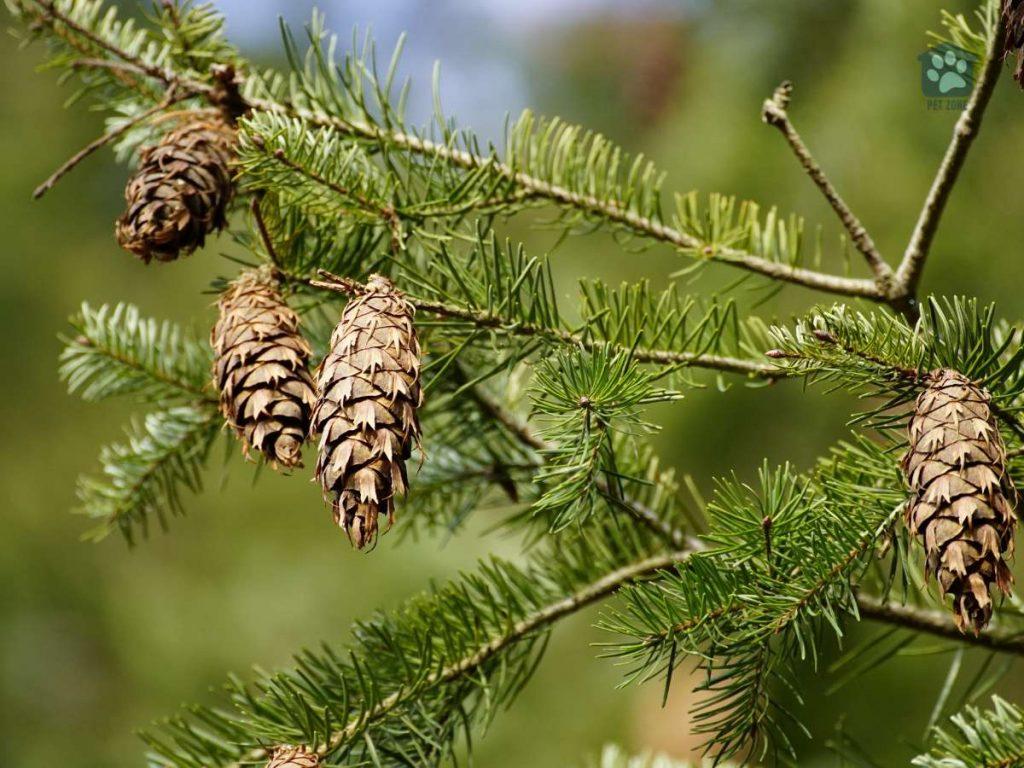
How to Stop Your Dog from Eating Pine Cones
Teach Your Dog to Stop Eating Pine
You’ve noticed the risks, now it’s time to take action. Training your dog is key here. Use verbal cues like “No” or “Leave it” when you see your dog picking up a pine cone. Reward them when they listen to you; positive reinforcement works wonders.
Use Distractions to Keep Your Dog Away
Another effective strategy is to distract your dog with toys or treats they love. If you offer something even more captivating than a pine cone, it’s likely your dog will lose interest in it. Always carry a toy or some treats when you’re out for a walk, especially in areas where you know you’ll find pine cones.
Setting Physical Boundaries
Sometimes, prevention is the best medicine. If you have pine trees in your yard, consider setting up a fence or barrier to keep your dog away from the area where pine cones fall. This ensures that your dog won’t even get the chance to pick up a pine cone.
Keep Your Dog on a Leash
When walking near pine trees, keeping your dog on a leash gives you the control to prevent your dog from eating or chewing on pine cones. It’s easier to pull them away or guide them in another direction if they show too much interest in those piney temptations.
What to Do If Your Dog Ate a Pine Cone
Immediate Steps for Dog Owners
If you find that your dog ate a pine cone, don’t panic. First, check your dog’s mouth for any leftover pieces that could be a choking hazard and remove them carefully. Keep an eye out for symptoms of pine cone poisoning or signs of discomfort.
When to Consult a Veterinarian
If you notice symptoms like vomiting, diarrhea, or if your dog seems unusually tired, it’s best to consult a vet as soon as possible. These could be signs that your dog has ingested something toxic like pine sap, or that the pine cone has caused some internal damage.
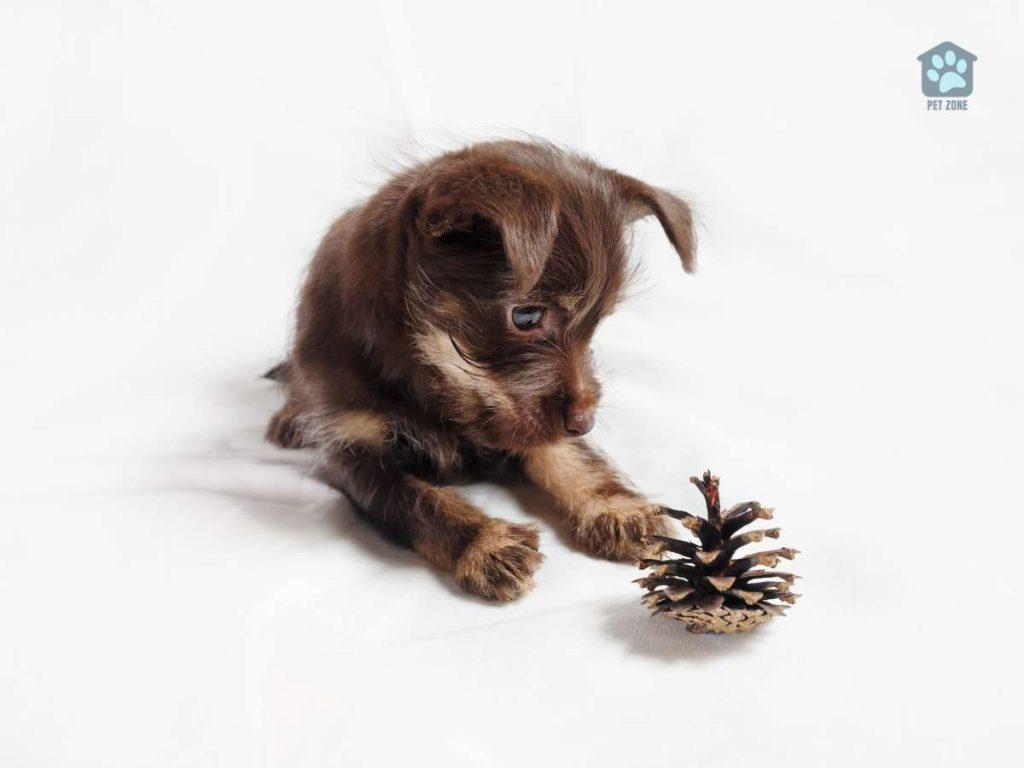
Conclusion
It’s best not to let your dog chew on pine cones. Pine cones may look harmless, but they can make your dog sick. While not toxic, the hard, sharp edges can injure your dog, and substances like pine sap can be poisonous to dogs.
Whether it’s through training, distraction, or setting up physical barriers, prevention is always better than cure. The next time you’re near pine trees, be prepared and vigilant to ensure your dog stays safe and healthy.
Feel free to leave your comments below, and if you found this article helpful, don’t hesitate to share it on social media to help other dog owners!
As an Amazon Associate I earn from qualifying purchases.
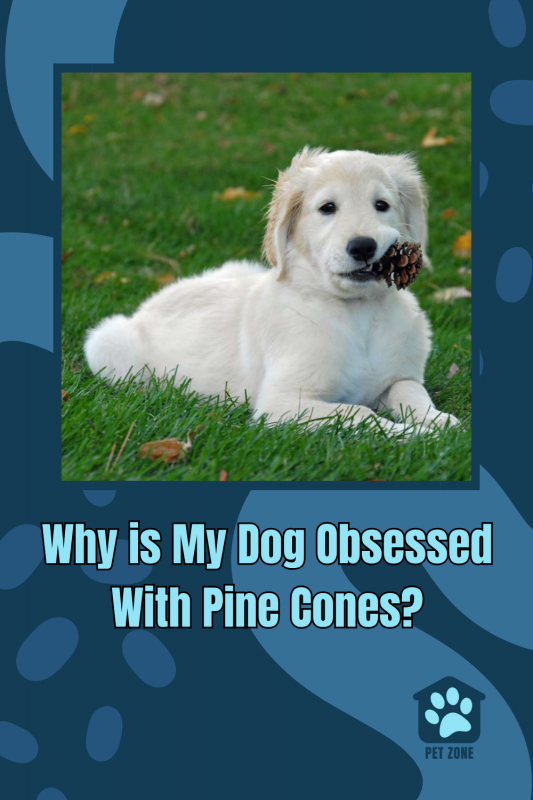


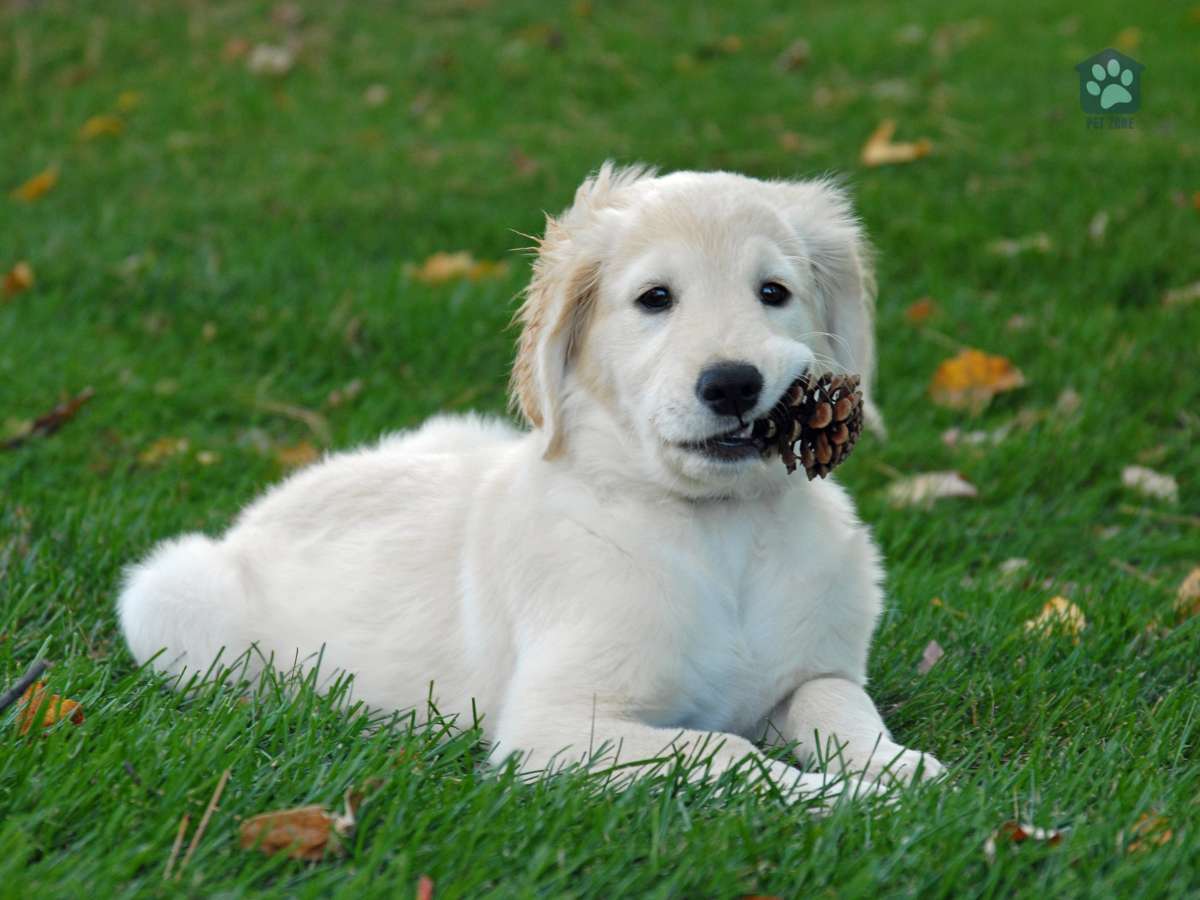


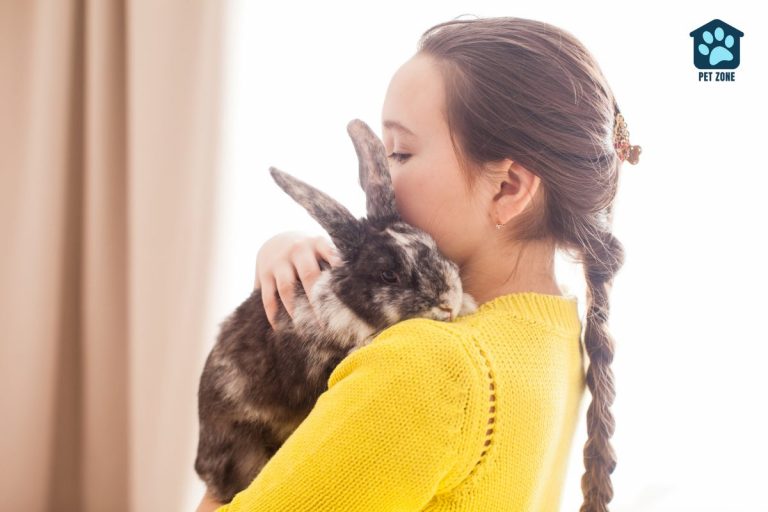
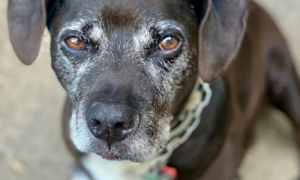
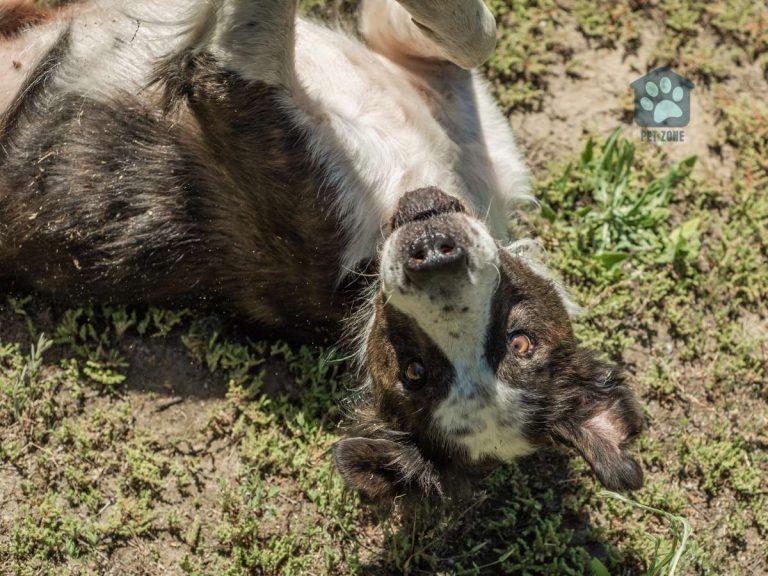
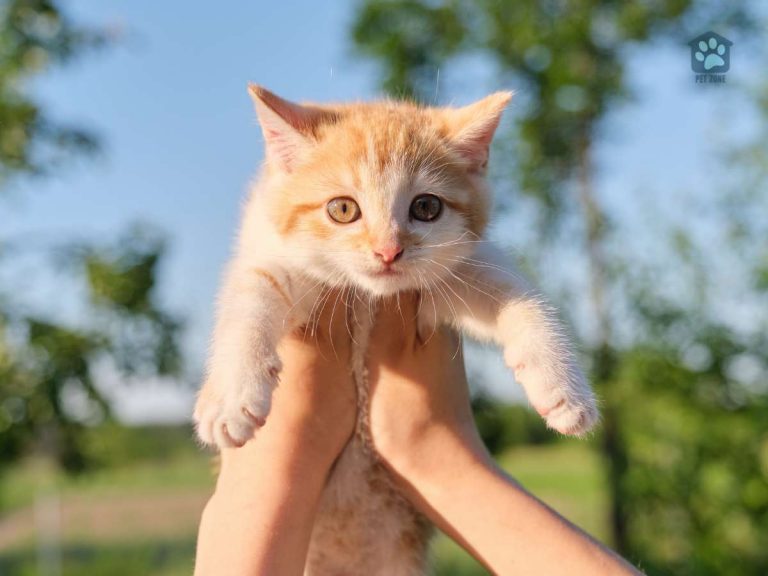
Ah! I get it. Gamja does this all the time! lol. Thanks for this post! It was very insightful!
I just love the picture of the dog with the pine cone in his mouth. So cute! I didn’t know that dogs can be so drawn to pine cones and how dangerous it is. Great information.
I certainly learned a lot reading this article. My dog is pine cone obsessed. I didn’t realize pine cones could be a health hazard to my little one so looks like I will need to break this habit. Thanks, as always, on great tips to keep my pets healthy and happy.